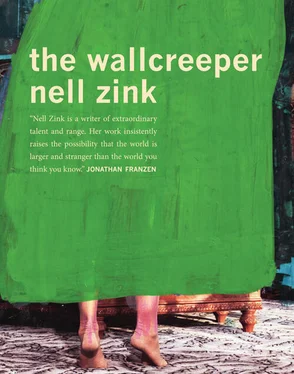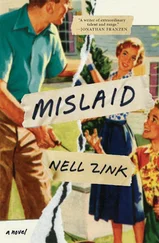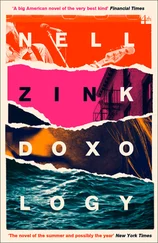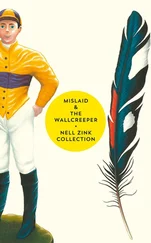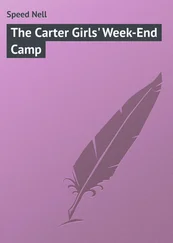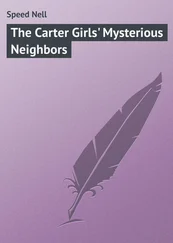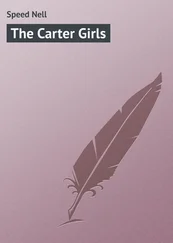The benefits that might accrue to Stephen and Birke from going to Lenzen were obvious. BUND has half a million members. Maybe forty of them go to Lenzen. There’s an annual event of the same name in Radolfzell on the Swiss border in January that draws twelve hundred. So if you want to make a splash with the BUND movers and shakers, you’d be better off in Lenzen in September, where they make up a quarter of the attendees.
At first I couldn’t figure out how Global Rivers Alliance got invited. But Stephen assured me that just about anybody can give a talk if he’s willing to (important) go to Lenzen.
And Global Rivers Alliance had been a player from the word go. Ordinary organizations in the German-speaking world have names that tout their modest ambitions: Society for the Preservation of Natural Treasures in Strunz, Strunz Committee on Woodland Bats, Citizens’ Initiative for the Strunz Wilderness Playground. Not even “Friends of the Strunz Wilderness Playground,” so that you might be tempted to think you could donate ten euros without being enlisted to run a day camp.
Global Rivers Alliance was different. It was modeled on Green-peace and the WWF. You could donate without ever being asked to do anything but donate.
Prince Kropotkin based his entire theory of anarchism on the German habit of founding and running collectives with strictly limited aims, so we should all be grateful to the twenty-seven competing organizations in Strunz, yet somehow instead they were grateful to organizations like Global Rivers Alliance for lending them a higher purpose.
Birke had reserved a room for Stephen and me in Lenzen castle where the meeting hall was. She took a cheap room in the gun club at the other end of town. Stephen came back to the hotel for breakfast, to keep up appearances, or maybe because at the gun club he wasn’t entitled to breakfast. I don’t know. The whole weekend, we didn’t talk much.
I decided to rent a bike instead of attending the opening session, because someone at breakfast expressed surprise that I had no bicycle. On the Elbe, everybody has a bicycle. I was doing my best to fit in and be inconspicuous, so I decided to rent one on the spot.
The hotel reception told me the shop was right around the corner. I walked the streets of picturesque downtown Lenzen for twenty minutes reading signs, but I never did find the street where the bike shop was supposed to be. In the end I stopped into a hunting and fishing supply next door to the castle to ask.
Everyone there was familiar with the bike shop. One guy said it was on his way and he would give me a ride. He had a nice convertible. He pulled away from the curb, chatting amiably about birds. He knew what attracted women to Lenzen. Out in the open, the trees by the road flashed down on us in a pattern of golden light and green shade. The enormous meadows stretched to distant solitary oaks. After several miles he pulled over into a large gas station, the size of a small truck stop, behind which was an enormous bike shop like something in an American suburb.
No, not that big. More the size of a 7–11. Berne will skew your sense of scale. The man behind the counter said it was his mother who rented. We drove back into town, landing three doors down from the hunting and fishing supply in an old livery stable with an elderly woman who looked like she’d never been on a bicycle in her life and a few broken-down one-speeds with coaster brakes.
It made sense. Why would locals know where to rent a bad bike? They only knew where to buy a good one.
Renting a bicycle burned up nearly two hours. By the time I stairmastered my creaky bike up to the castle door, I had missed everything worth seeing. The BUND chairman had given a rousing speech, I was told, and the subsequent presentation on the fine points of Natura 2000 financing had been a nimble tour de force of understatement. But now it was lunchtime.
I ordered something that sounded like grilled fish and turned out to be unimaginably gruesome (lukewarm pickled herring), let it lie, and walked around back to the terrace overlooking the gardens, where there was a frog calling from every tree and a redstart hopping around the fountain. This sucks out loud, I thought.
A harmless-looking man followed me to the porch. He stood next to me, asking me what excursion I was going on that afternoon.
I said, “ Grünes Band ,” the green ribbon — the DMZ where the wall used to be. He said it was a good choice and very interesting. We had a pleasant little conversation in passable English.
Now, this guy was not what you’d call hot. But he was polite, and relative to the constant strain of life with Stephen and Birke, it felt like love-bombing from a cult recruiter. I instantly got a huge crush on him. I didn’t even care what he looked like. I wanted him to hold me in his arms, pat me on the head, and say, “There, there.”
He said his name was Olaf. He reminded me not to miss the excursion to see cranes in the evening. I said I would try to make it. I made the excursion to see cranes.
From the boondocks to the wilderness was a ten-minute bus ride. Someone had gotten to the observation tower before us, an old man with a telephoto lens like a howitzer. He glared at us for touching the balustrade. Instead of climbing up, the group continued down a dry, sandy road through woods and emerged into a clearing behind a windbreak.
The harmless man stood beside me as the sun went down, but the situation was not conducive to romance. There were thirty other people there, shifting their feet in the tedium of waiting for cranes, asking each other to keep their kids quiet or move away from the trees or please put on dark jackets over their white shirts. We stared distractedly at the darkening fen, slapping at mosquitoes that bit us right through our clothes. An unknown woman joined the two of us and began talking about a controversial infrastructure project, encouraged by the harmless man’s civility.
At last I heard the cranes. They announced themselves loudly, like geese, but with gurgling trills at the end and no melancholy. First eleven of them — for so long that there was a general consensus that no more would come that night; the guide packed up his scope, and people started back up the road — and suddenly hundreds. They dropped from the sky in dollops, braked, and vanished into the faraway reeds. The woman kept talking to the harmless man about rail-versus-road. I walked to the edge of the marsh and raised my binoculars.
If I hadn’t known what they looked like from books, I would never have guessed from seeing them at that distance. They were sock puppets with red heels poking over the reeds a mile away, dull gray in the dusk.
After the cranes had landed, the geese passed overhead in so many Vs that they merged into Xs and covered the entire sky like a fishnet stocking. My eyes turned damp. The harmless man smiled tenderly.
We returned by bus to the hotel, where I found Stephen and Birke in the lounge. They were chatting with a couple of new media types from Berlin who had designed a campaign to increase public acceptance of wild bees. The bees on their marketing materials were fuzzy, happy spheres — no thorax, no abdomen, no stinger, just a friendly ping-pong ball with tiger stripes. The people of Berlin had welcomed this animal with open arms.
Stephen and Birke wanted to get in on the secret of big government grants. They acted like gossip columnists sucking up to movie stars.
I drifted to the bar and listened to a long, one-sided discussion of tree frog courtship led by an aging softy in a clerical collar. Slain by half a glass of wine, I struggled upstairs to bed.
I woke at six, alone, and went downstairs to my bicycle, intending to ride out to the river. I wanted to see where the levee had been moved away from the river to make room for birds. It had been one of the excursions the day before, when I was taking in the glories of life in the DMZ. It felt unjust to have missed it, since it had an explicit Global Rivers theme.
Читать дальше
Конец ознакомительного отрывка
Купить книгу
